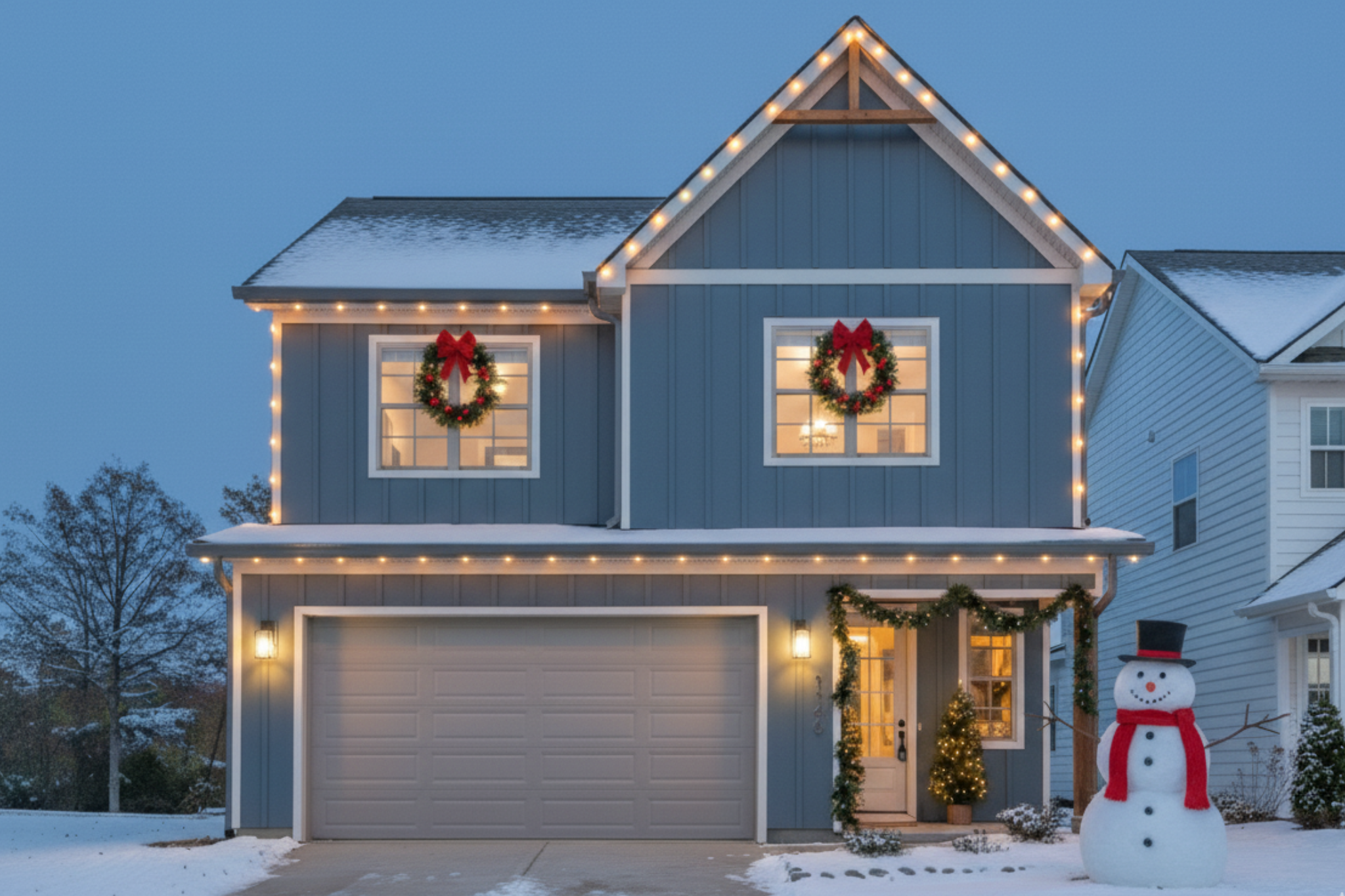
Frequently Asked Questions for New Homebuyers
Are you a first-time homebuyer navigating the complexities of purchasing a home? This blog answers key questions about down payments, mortgage approvals, closing costs, and more. With insights on credit scores, loan options, and financial preparation, it’s your go-to guide for a smooth home-buying journey. Learn what to expect, how to prepare, and when to ask for expert advice.
How much of a down payment do I need?
The down payment depends on the type of loan and your financial situation. Conventional loans often require at least 3-5% down, while FHA loans require a minimum of 3.5%. VA loans may offer zero down payment options for eligible buyers.
What are closing costs, and how much should I budget for them?
Closing costs include various fees like lender fees, title insurance, appraisal costs, and attorney fees. These typically range from 2-5% of the loan amount. Our team can provide a detailed estimate of what to expect for your specific loan.
How long does the mortgage approval process take?
The mortgage process usually takes 30-45 days from application to closing, but this can vary depending on the complexity of the loan and other factors. Having all necessary documents ready can help speed up the process.
What documents do I need to apply for a mortgage?
Typically, you’ll need recent pay stubs, W-2 forms, tax returns, bank statements, and other documentation of your income and assets. Your loan officer will provide a detailed list to help you prepare.

How do I know which loan option is best for me?
The best loan option depends on your financial situation, goals, and eligibility. We offer a variety of loan types, including conventional, FHA, VA, jumbo, and Non-QM loans. Our mortgage specialists will help you compare options and choose the one that best fits your needs.
What’s the difference between pre-qualification and pre-approval?
Pre-qualification gives you an estimate of how much you might be able to borrow based on your self-reported financial information. Pre-approval is a more in-depth process where a lender verifies your financial documents, giving you a more accurate loan amount and showing sellers you’re a serious buyer.
How does my credit score affect my mortgage?
Your credit score impacts the interest rate, loan terms, and options available to you. Generally, a higher credit score can qualify you for better rates and terms. If you need help improving your score, we can provide guidance.
Can I buy a home if I have student loans or other debt?
Yes, you can still qualify for a mortgage if you have other debts, including student loans. Lenders consider your debt-to-income ratio (DTI) to ensure you can manage a mortgage alongside your other financial commitments.
What is private mortgage insurance (PMI), and do I need it?
PMI is typically required if you put down less than 20% on a conventional loan. It protects the lender in case of default. PMI can usually be removed once you reach 20% equity in your home, either through payments or market appreciation.
What is an escrow account, and how does it work?
An escrow account is used by the lender to collect and pay property taxes and homeowners insurance on your behalf. This helps you spread these costs over monthly payments, rather than paying large sums once or twice a year.
Can I make extra payments on my mortgage?
Yes! Making extra payments can help you pay off your loan faster and save on interest over time. Be sure to check with your lender about any prepayment penalties or specific instructions for applying extra payments to the principal balance.

Do I need a home inspection if I’m buying a new construction home?
Even for new homes, a home inspection is highly recommended to ensure everything is built to code and in good condition. Inspections can identify issues that need to be addressed before you close on the home.
What’s the best way to prepare financially for buying a home?
Start by reviewing your credit score, setting a budget, and saving for a down payment and closing costs. Avoid major purchases or opening new lines of credit before and during the mortgage process, as these can affect your loan approval.
What happens at the closing?
Closing is the final step, where you’ll sign the necessary documents to transfer ownership and receive the keys to your new home. You’ll also pay closing costs and provide any remaining down payment at this time. After closing, you’re officially a homeowner!
Who can I contact if I have more questions?
Our team led by Justin King, mortgage loan originator, is here to help! Feel free to reach out with any additional questions or to schedule a consultation to discuss your unique situation.




_Exterior%20Front%201.jpg)

